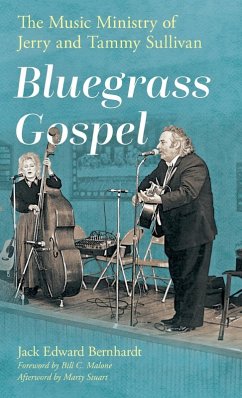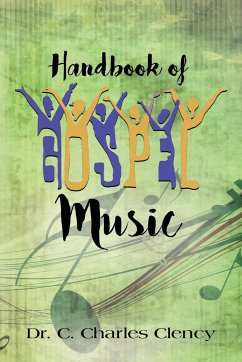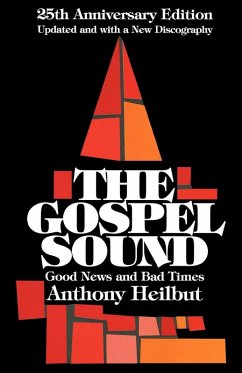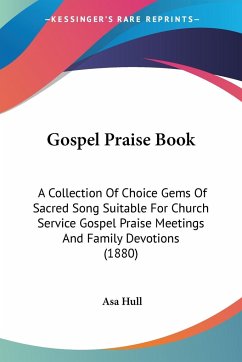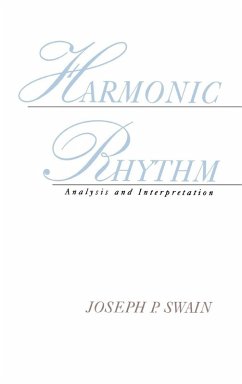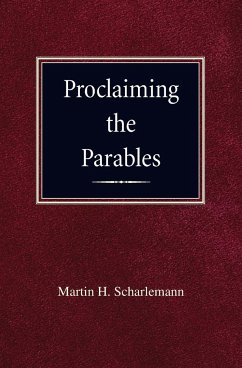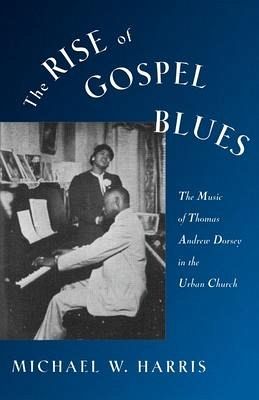
The Rise of Gospel Blues
The Music of Thomas Andrew Dorsey in the Urban Church
Versandkostenfrei!
Versandfertig in 1-2 Wochen
48,99 €
inkl. MwSt.
Weitere Ausgaben:

PAYBACK Punkte
24 °P sammeln!
Thomas A. Dorsey, also known as 'Georgia Tom', had considerable success in the 1920's as a pianist, composer, and arranger for prominent blues singers including Ma Rainey. In the late 1930s, Dorsey became involved in African-American old-line Protestant churches, where his background in the blues greatly influenced his composing and singing. At first these 'respectable' Chicago churches rejected this new form, partially because of the unseemly reputation blues performance had, but more because of the excitement that gospel blues produced in the church congregation. A controversy developed between two conflicting visions; one segment idealized an institution that nurtured a distinct African-American religion and culture, the other saw the church as a means by which African Americans would assimilate into American Christianity and the dominant Anglo-American culture. However, by the end of the 1930s the former group prevailed by the power of the music. From that time on, gospel blues became a major force in African-American churches and religion.
Most observers believe that gospel music has been sung in African American churches since their organization in the late 1800s. Yet nothing could be further from the truth, as Michael W. Harris's history reveals. Working through the blues and gospel movement. Harris reconstructs the rise of gospel blues within the context of early twentieth century African American cultural history. After a nervous breakdown and a subsequent religious conversion in 1928. Dorsey began to write gospel songs with blues accompaniments. His introduction of these "goals" into Chicago's Afro-Baptist churches during the 1930s stirred clashes between recently arrived southern migrants who felt comforted by the new spirituals and old-line members who dismissed the songs as sacrilegious echoes of the slave past. After years of writing and publishing hudnreds of "songs with a message"-- such as "Take My Hand", "Precious Lord", and "There Will Be Peace in the Valley"-- and training gospel singers such as Mahalia Jackson, Dorsey had earned the title of "father" of gospel blues by the early 1940s. Delving into the life of the most prominent person in the advent of the gospel song movement. Harris illuminates not only the evolution of this popular musical form, but also the thought and social forces that forged the culture in which this music was shaped.





